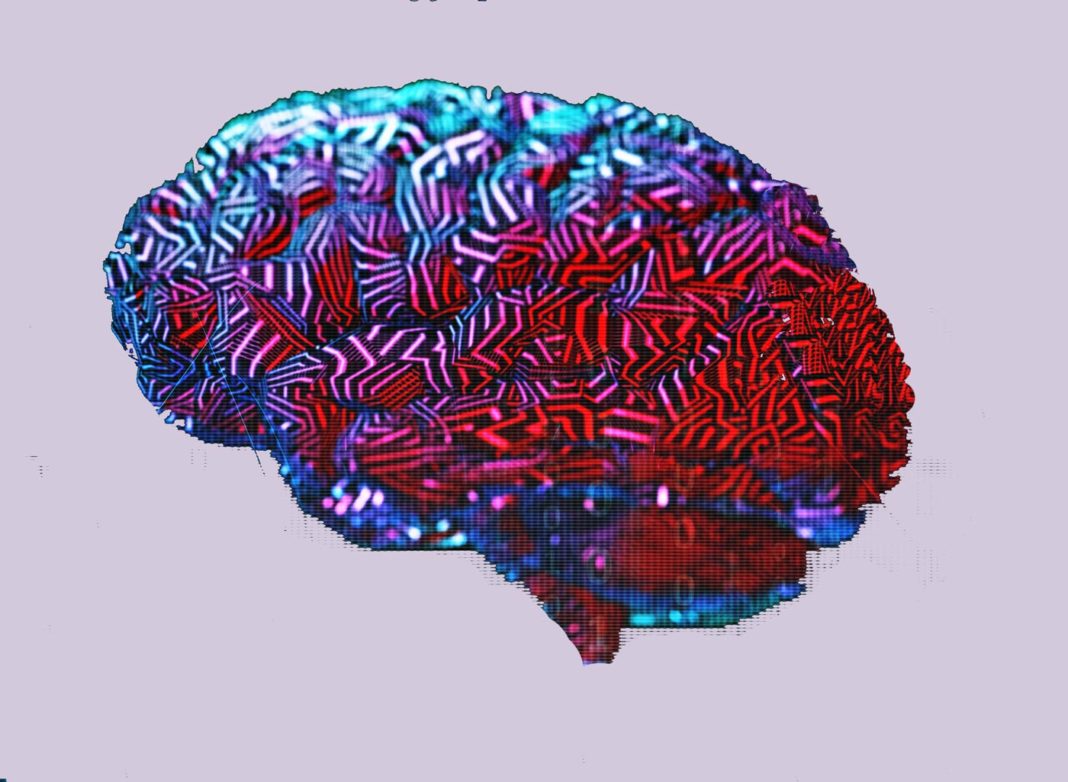by Genetic Engineering & Biotechnology News
A research team headed by investigators at Brigham and Women’s Hospital reported on the results of a study in which they used stem cells from Alzheimer’s disease (AD) patients to identify a potential mechanism by which a gene known as SORL1 may impact the risk for the neurodegenerative disorder. Their work found that loss of normal SORL1 function leads to a reduction in two key proteins, APOE and CLU, which are known to be involved in AD, and which play an essential role in the neurons of healthy individuals. The study findings suggest a potential new strategy for AD treatment, especially for patients not responsive to existing therapies.




